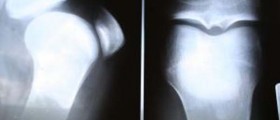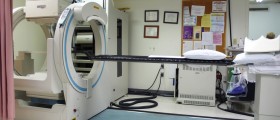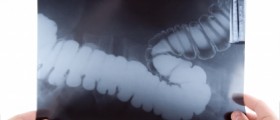
The esophagus is a long, hollow tube that runs from the throat to the stomach. Cancer that affects this part of the body is known as esophageal cancer. Normally, the cancer originates from the cells lining the inside of the esophagus. The cancer can originate anywhere in the esophagus, but in some countries, including the United States, it is most commonly found to originate in the lower esophageal portion. Men are more prone to esophageal cancer.
Treatment
Treatment will depend on the type of cells involved in the cancer.
Surgery is often used to treat the cancer, and can be used as a stand-alone treatment or in conjunction with another method of treatment. If the tumor or cancer is small and confined to the superficial esophageal layers, surgery might be used to remove the tumor and the surrounding tissue. This can be done using an endoscope.
An esophagectomy might also be used. This entails the removal of a portion of the esophagus. The portion containing the tumor will be removed, as will nearby lymph nodes. The stomach will then be pulled up to meet the remainder of the esophagus. However, a portion of the colon might be used to fill the gap after an esophagectomy. A variation of the esophagectomy is the esophagogastrectomy. This involves both the removal of the esophagus as well as the upper portion of the stomach. The stomach will either be reattached through pulling up, or by the substitution of a portion of the colon, similar to the post-esophagectomy process.
Surgery of this kind carries a risk, as with most kinds of complicated surgery. Infection, bleeding and leakage can all occur as a result of surgery of this type. Surgery might also be used to provide symptomatic relief. For example, surgery can relieve esophageal obstruction as well as provide nutrition.
Chemotherapy and Radiation therapy
Chemotherapy is a drug treatment that employs the usage of chemicals in order to kill cancer cells. This type of treatment is normally used before or after surgery, and can be combined with radiation therapy. For those with advanced cancer, chemotherapy is generally used to provide symptomatic relief. This type of treatment carries the risk of side effects.
Radiation therapy might also be employed to treat esophageal cancer. This type of treatment involves using high powered energy beams. These beams kill cancer cells, and are emitted from a machine that aims the beams at the cancerous area, or through the use of an internal radiation therapy course, known as brachytherapy.

















Your thoughts on this
Loading...